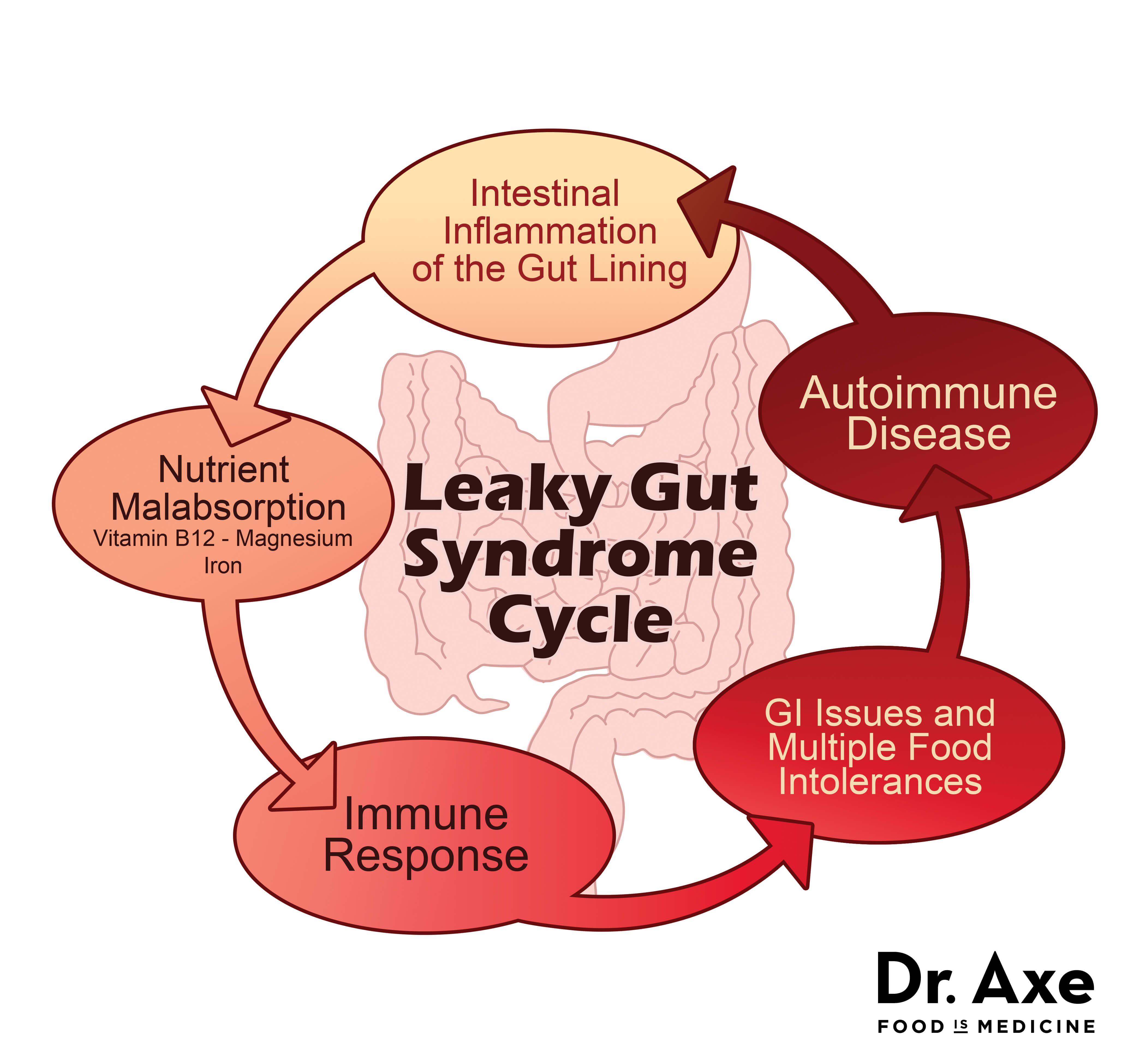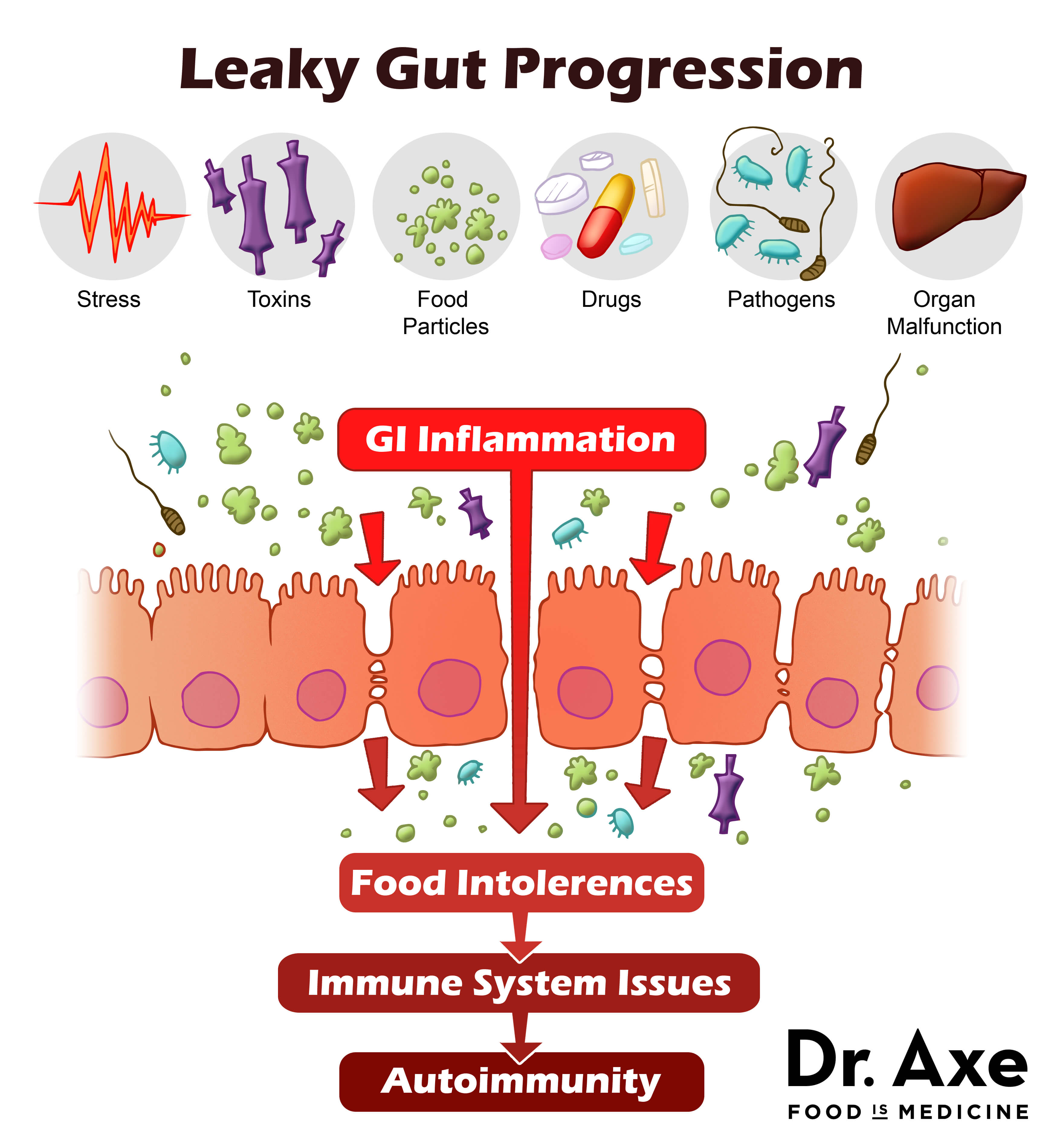Vitamin and mineral status is very important. If we’re deficient in any nutrients our body is operating sub-par at best. For example, insomnia is associated with 10 nutrient deficiencies. Oleic acid is an fatty acid which regulates our motivation or drive for sleep. Zinc and copper ratio is very important in the brain to regulate sleep. The higher the ratio is the longer sleep duration we have.
In regards to weight management a whopping 17 nutrients are involved. For example, poor vitamin K levels are linked to excess fat tissue. Vitamin K also helps metabolize sugars (which therefore means it is closely related to the management of diabetes.) Asparagine, which is an amino acid, increases the activity of insulin which helps the body store energy in muscle instead of storing it as body fat.
ADHD is associated with antioxidant status as well as 8 nutrients such as glutamine. Glutamine is a precursor GABA a calming neurotransmitter that affects mood, focus and hyperactivity. Antioxidant status of ADHD people is commonly low. This maybe due to food sensitivities creating a malabsorption issue, particularly if the diet is high in antioxidant foods. Low levels of glutathione, a star antioxidant and potent detoxifier is also common in those with ADHD.
Nutrition Advancement orders vitamin, mineral and antioxidant testing called Micronutrient Testing from Spectracell Laboratories. They offer superior testing from the levels inside the cell for the last 3 months. If you’re experiencing symptoms or have a condition you would like to mange nutritionally having your micronutrient levels checked with proper interpretation and repletion suggestions is a great place to start. Call us to schedule a micronutrient test today! 317-292-2354



